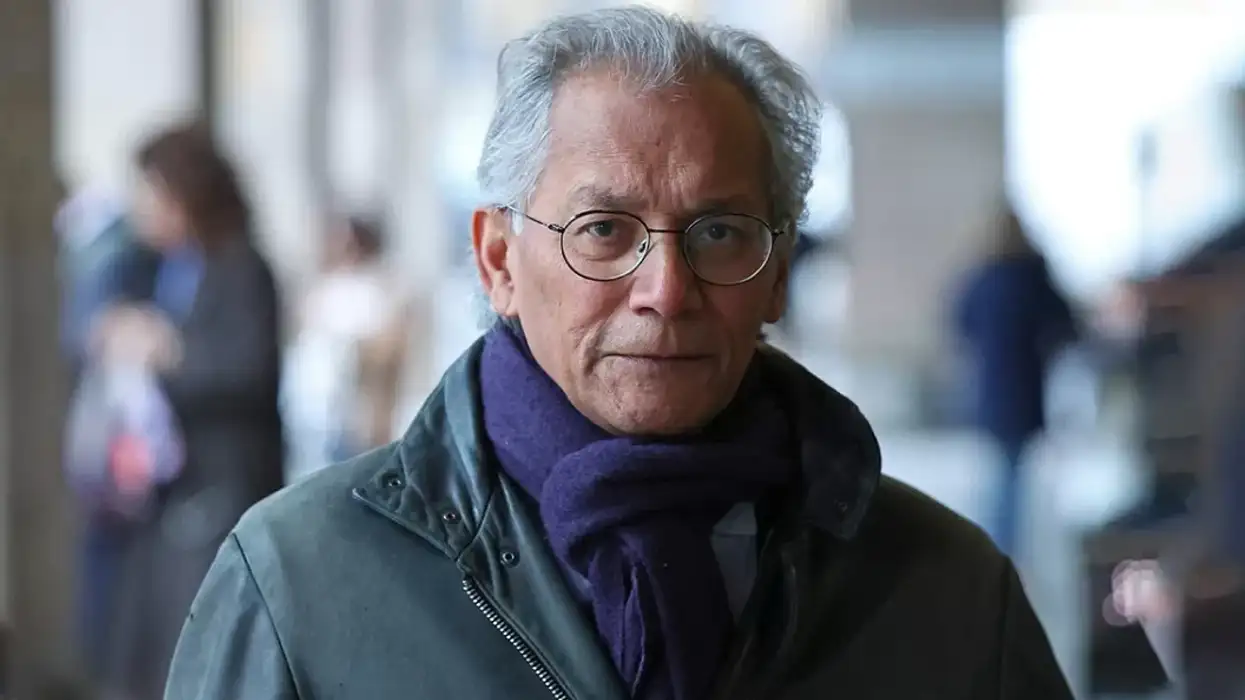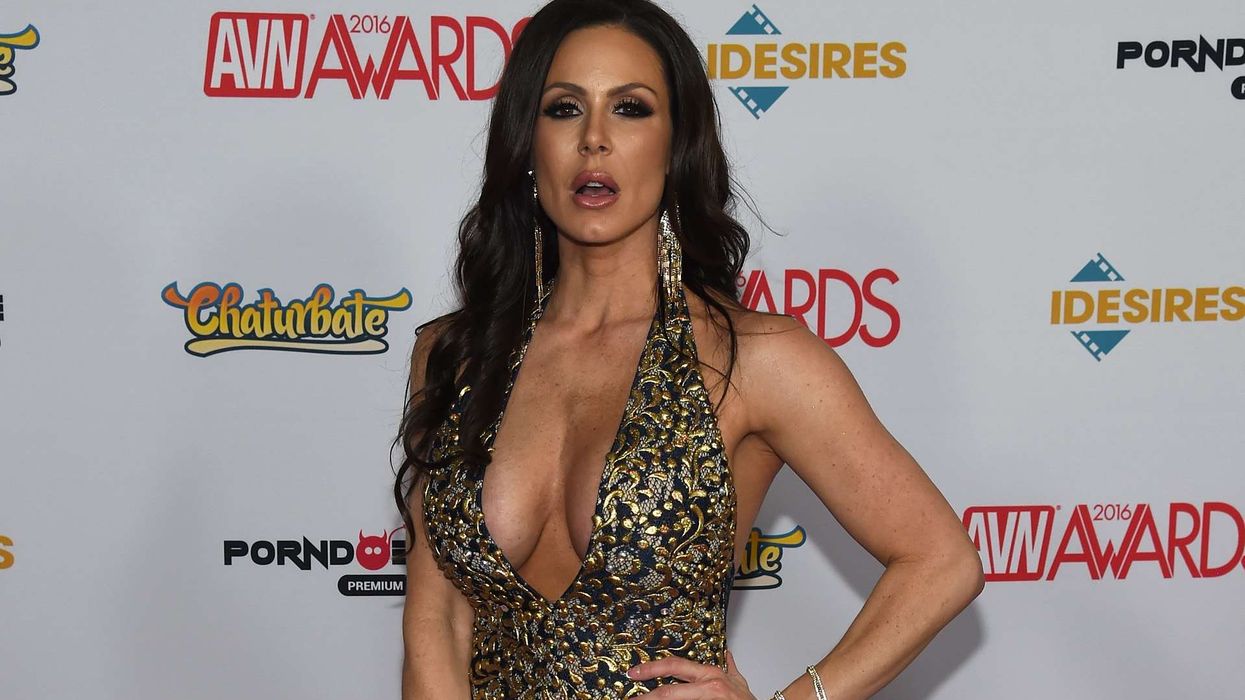IT IS NO SECRET that, with unceasing regularity, one government or another will ask for the destruction of the BBC. This august British institution is fair game to any politician whom it angers because it is funded by a public tax. Enter its first chairman of colour in the corporation’s 100-year history. In Dr Samir Shah’s in-tray is a plethora of challenges. Charter renewal – the way the BBC functions and its mission – in 2027, is probably his biggest headache. As part of negotiations with whichever government will be how the corporation will be funded. But there are other matters which could create challenges for the man tasked with holding the executive to account. “Well, impartiality is part of it,” Sir Trevor Phillips, Shah’s friend of 45 years told the GG2 Power List. “Let me put it this way, impartiality isn’t just a matter of left and right. Journalists have to be dispassionate – they have to take themselves out of the story. We shouldn’t be able to hear or see a journalist report and divine from that what their own worldview is.” Shah’s own measured response when asked by the culture select committee about impartiality – especially in the case of the BBC sport presenter, Gary Lineker, and his social media posts – exemplifies the immense emotional and political intellect of the man. “I share your frustration,” he told MPs. “I would invite the director general to find a solution because we really need to find a solution. It’s a perfectly proper thing for the board to ask the executive whether the new guidelines have achieved their intention. It may well be that they may need to review it again.” The new chair was born in January 1952 in Aurangabad, India. He came to the UK with his family when he was eight. Shah supports Manchester United, and his half-brother, Mohit Bakaya, is the controller of Radio 4 and director of audio. To their credit, they maintain strictly separate professional lives, ensuring that no one can question their integrity. Phillips provided invaluable insight having worked with him for at the London Minorities Unit for London Weekend Television (LWT). First working on Skin, a pioneering programme for and about black Londoners, and another programme called Eastern Eye. “I don’t think it would be an exaggeration to say that we are our closest friends. “We’ve worked together through the 1980s, and then when Samir went independent, and bought Juniper (an independent production house). I made some programmes for Juniper. For example, I remember a radio programme which was an interview with Marine Le Pen (France’s far-right leader), and then depending on your view, a notorious documentary called ‘What British Muslims Really Think?’ So, we’ve always worked together, and I expect, we always will, in one way or another.” The BBC, he said, could expect a man with a forensic eye for detail.
“When you’re working with Samir, don’t expect to have any evenings off, and if the comma isn’t in the right place, he wants to argue the case. Be ready to have that argument till 6am the following morning, because he doesn’t let go. He won’t let everybody walk out of the room until they’ve actually got to the bottom of a puzzle, or we have worked out what we need to do. He’s very, very particular, and, obviously, he’s my friend, so I appreciate those qualities, but I think some other people may find them difficult. I think in today’s world, we need a little bit more of that brainpower and application to problem solving than we currently have.” This is not Shah’s first foray into leadership at British institutions and public bodies. He was deputy chair of the Victoria and Albert Museum in London (2010-14) and chair of the Museum of the Home (in Hoxton, London) – some years ago. “He is very used to the machinations of bureaucracies and official life in the public office in a way that the BBC could have, as it did previously, had a chair who came with the experience of running some big city business, and we’ve seen their pitfalls with that. “What the BBC is getting is somebody who understands government, understands public office, because he’s a journalist understands the public and is versed in the management of public sector bureaucracies. I don’t know what his political views are, but they’re not at all going to affect how he carries out the job, because he’ll address things as proper, practical problems to be solved. He’s very pragmatic. “The other thing I would say that they’re getting, which is unusual, somebody who has built a business.
“Juniper was tiny company when he bought it, and it’s become much bigger, and is sustained, he has made something significant. I can’t remember all of the chairs, but I don’t think BBC has had before now, somebody who has built a business in which he had to pay other people’s mortgages out of his own pocket, not out of the taxpayer’s pocket. That, I think, will bring a very, very different quality to the BBC resources. And in direct answer to your question about what they can expect, I would sum it up this way, he will defend the BBC to the death.” The elephant in the room will be his colour, and he has faced racism, although he may not have seen it as that. “The one and only time I have been in a room with Shah was in 2009,” recalled Barnie Choudhury, former BBC correspondent and editor-at-large for Eastern Eye. “I was part of a leadership course, and we had formed something called an action learning set. “Shah was a guest, and he told us a tale which I had experienced time and again and which, sadly, continues today. He had recently been appointed, and he turned up to one of the teams that he led. The receptionist asked him to wait while they let “the boss know”. “Within 30 seconds, a red-faced-out-ofbreath editor came running out, apologising profusely to their boss. Shah told this story because he said that things had changed for the better in the BBC since his time, rather than point the obvious racist undertone and inability to understand that sometimes people of colour can be your boss.” Phillips added: “One of the fantastic things about him, and why I have great confidence in him on this particular area, is that he’s not going to be at all shy about dealing with issues of ethnicity and difference. Sometimes people get into these positions and, for understandable reasons, they want to prove to everybody that they’re not making decisions based on their own race or ethnicity, and they bend over backwards to run away from those issues. You’ve heard lots of journalists and politicians say, ‘Oh, I’m not an ethnic minority politician, I’m just a politician who happens to be an ethnic minority.’ Samir’s not going to put up with any of that nonsense. Where he thinks that there is an issue to be dealt with, be sure he’s going to go straight down the barrel at it.







